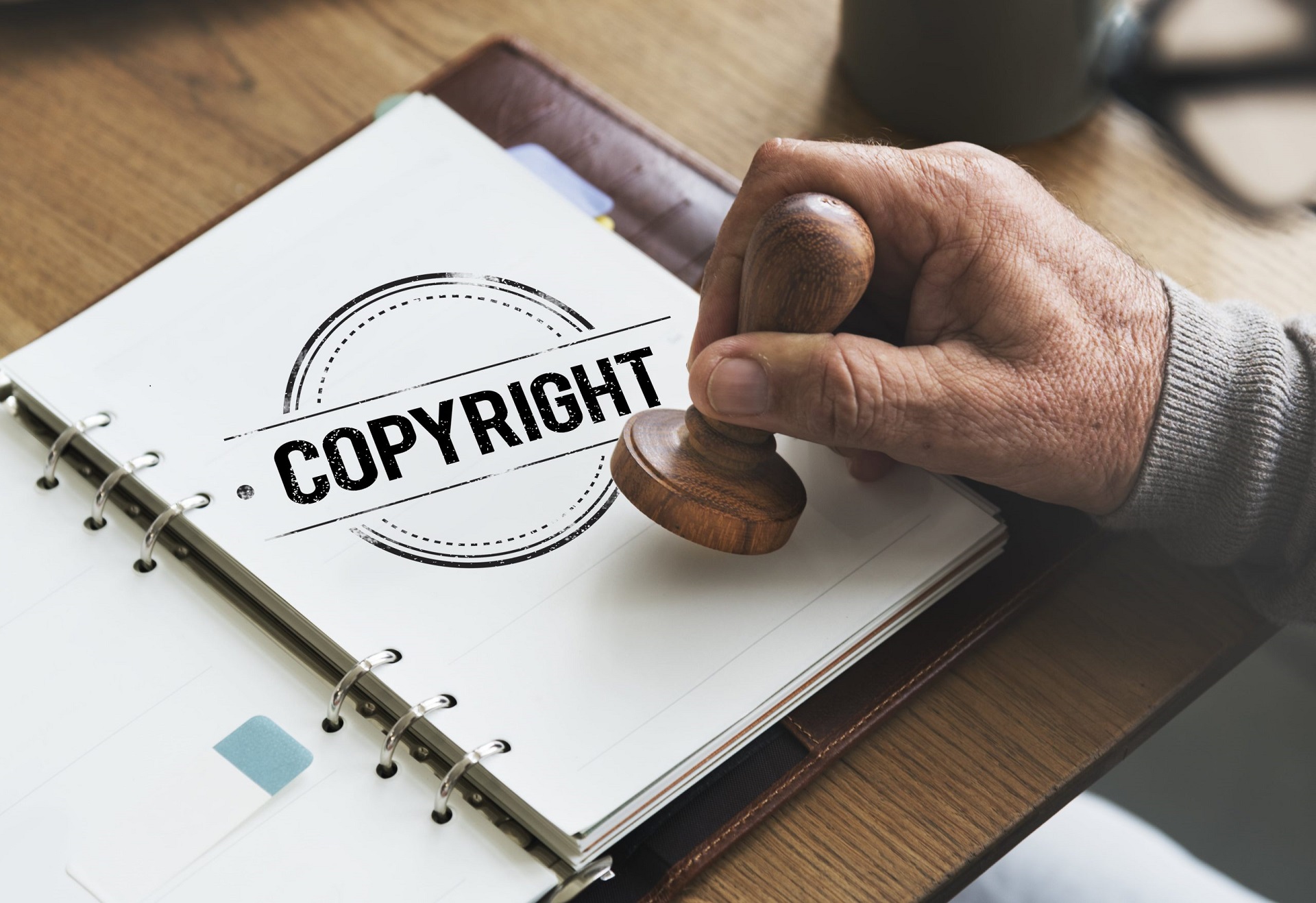The Impact of Copyright Infringement on Amazon Sellers and Rights Holders
Posted on September 19th, 2023
Introduction
The rise of e-commerce platforms like Amazon has transformed the way we shop and do business. With millions of sellers and products available, Amazon provides opportunities for entrepreneurs to reach a global audience. However, this vast marketplace also presents challenges, particularly when it comes to copyright infringement. In this blog post, we’ll explore the impact of copyright infringement on both Amazon sellers and rights holders.
Understanding Copyright Infringement on Amazon
Copyright infringement on Amazon occurs when a seller uses copyrighted materials without the permission of the rights holder. This can include using copyrighted images, text, music, videos, or any other creative content for which someone holds exclusive rights. Such infringement not only violates Amazon’s policies but also infringes upon the intellectual property rights of content creators.
Impact on Amazon Sellers
- Account Suspension: Amazon takes copyright infringement seriously and may suspend the seller’s account if they are found guilty of violating copyright laws. This can result in a loss of income, negative reviews, and damage to the seller’s reputation.
- Loss of Inventory: Sellers may be required to remove or modify listings that contain copyrighted material, leading to a loss of products and potential sales.
- Legal Consequences: In severe cases, sellers may face legal action from the rights holders, which can result in costly legal fees and settlements.
- Reputation Damage: A copyright infringement claim can tarnish a seller’s reputation, making it difficult to regain trust from both customers and Amazon itself.
Impact on Rights Holders
- Financial Loss: Copyright infringement can result in financial losses for rights holders, as their copyrighted materials are used without authorization, thereby depriving them of potential licensing or sales revenue.
- Resource Drain: Pursuing copyright infringement cases on Amazon can be time-consuming and costly for rights holders, diverting resources away from creative endeavors.
- Brand Dilution: Unauthorized use of copyrighted material can dilute the brand’s image and value, impacting its overall market position.
- Complex Legal Process: Enforcing copyright on a global platform like Amazon can be challenging, as it often involves navigating complex international copyright laws.
Preventing and Addressing Copyright Infringement
For Amazon Sellers:
- Educate Yourself: Understand copyright laws and Amazon’s policies regarding intellectual property to avoid unintentional infringement.
- Use Licensed Content: Only use content for which you have the appropriate licenses or permissions.
- Regularly Review Listings: Continuously monitor your product listings to ensure they do not violate copyright laws.
- Respond Promptly: If you receive a copyright infringement claim, address it promptly by removing or modifying the infringing content.
For Rights Holders:
- Monitor Your Content: Regularly monitor Amazon listings for unauthorized use of your copyrighted material.
- File Take down Requests: Amazon provides a mechanism for rights holders to request the removal of infringing listings.
- Consider Legal Action: If necessary, consult with legal counsel to pursue legal action against repeat infringers.
The Bottom Line
Copyright infringement on Amazon can have far-reaching consequences for both sellers and rights holders. It’s essential for sellers to be vigilant about using copyrighted material responsibly, and for rights holders to protect their creative works. By understanding copyright laws, adhering to Amazon’s policies, and taking swift action when infringement occurs, both parties can work towards maintaining a fair and thriving marketplace for all.
Are you an Amazon seller or a rights holder dealing with copyright infringement issues on the platform? Don’t navigate this complex challenge alone. Contact Amazon Appeal Pro at (954) 302-090. Balancing the interests of sellers and rights holders is crucial for maintaining a healthy and thriving marketplace that benefits both creators and consumers.
